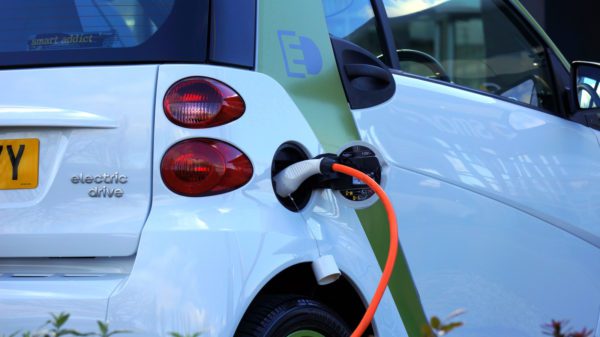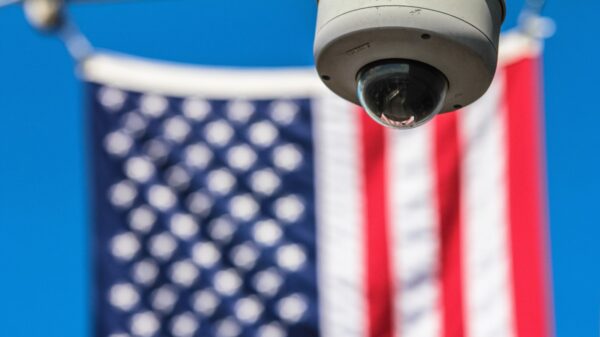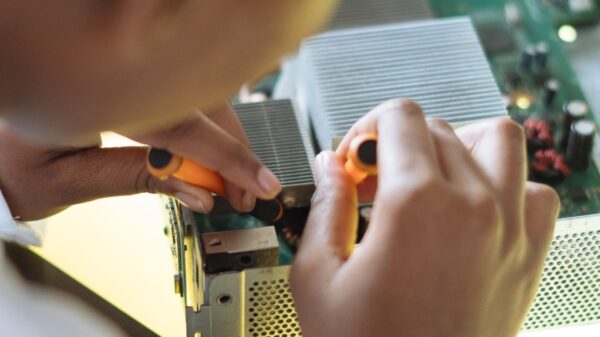This piece was originally published at GenFKD.
Child care cost is exploding across the nation, guzzling up people’s disposable incomes at a faster rate than nearly any other expense. In fact, since the Great Recession ended, child care expenses have risen twice as fast as inflation.
The child care crisis is a weapon of mass economic destruction for both present and future generations. Recent studies reveal that everyday American families are struggling to keep up with the growing cost of childcare, and that has real consequences for our country’s future.
Some startling statistics about the crisis: 20 percent of Americans spend more than a quarter of their income on childcare, and in 33 states and the District of Columbia, infant care costs more money than public college tuition.
It’s a hard knock life
After we graduate college, many of us are strapped with student debt, and face an incredibly competitive job market. We commonly delay marriage because of financial considerations, and childbearing naturally takes a back seat to survival in the new economy.
While it’s hard to zero in on an exact cost of childcare because of a slew of variables (in-home care versus daycare, all-day versus after-school, infants versus toddlers, one child versus multiple children), let’s settle on one indisputable fact: it’s outrageously expensive.
Child care is so expensive that it’s often easier for one parent just to stay home.
DC worst, Mississippi best
Washington DC is the most expensive place to have children, as annual infant care costs clear $22,000 a year, or over $1,800 dollars a month. Mississippi is the cheapest place to have children at under $5,000 a year, or less than 400 bucks a month to care for an infant.
That means infant care in our nation’s capital captures nearly 35 percent of median family income, while Missippianians spend about 11 percent on infant care. If you’re interested in your local statistics, this calculator by the Economic Policy Institute is a great resource.
Overall, a brief look at these numbers reveals why it’s not rocket science to see why our birthrate has dropped precipitously. Child care is simply too expensive for everyday Americans.
Then we wonder why we have a low birth rate
For obvious reasons, millennials are shaping up to have the lowest birthrates in American history. There are compelling economic reasons not to have children, or have as few children as possible. In this day in age, a Brady Bunch-sized family is limited to the extremely affluent, and even then, Momma Brady would probably still have to quit work and stay home.
Because of a low birthrate, the United States is going down the same path as other developed countries like Japan and Italy, which have chronically low birth rates. If your birthrate dips below replacement level, it becomes a demographic nightmare. Who exactly will pay for our retirement if our population shrinks is a very relevant concern to everyone.
Takeaway: The government needs to make it easier to have babies
France is the gold standard when it comes to keeping their fertility rates at healthy levels. This has a lot to do with their family-friendly policies that incentivize childbearing. The recent election saw both candidates float the idea of mandating these types of policies to make life easier on Moms and Dads.
Of course, these policies are bound to be extremely expensive. But then again, not promoting a culture of child bearing has dire demographic consequences in the long run. Paid maternity/paternity leave and child care subsidies are likely to be a sound investment for the economic future of our country.
If politicians continue to be asleep at the wheel as our demography heads in the wrong direction, there won’t be enough people to support us in our golden years.
GenFKD is equipping millennials with the skills and education necessary to create and lead the “new economy.” To learn more, head over to GenFKD.org.
Header image: Shutterstock



























Gloone
December 20, 2016 at 8:34 pm
If the government and our economy made it easier to have babies. I would have 50+ right now. But I’m single and have none.
I propose better economic solutions for this devastating problem that is wrecking our economic outlook of making more babies.
Carrie Sheffield
December 21, 2016 at 6:17 pm
Very easy to make babies, not so easy to care for them. You’re worried about caring for them! Wish more people did.